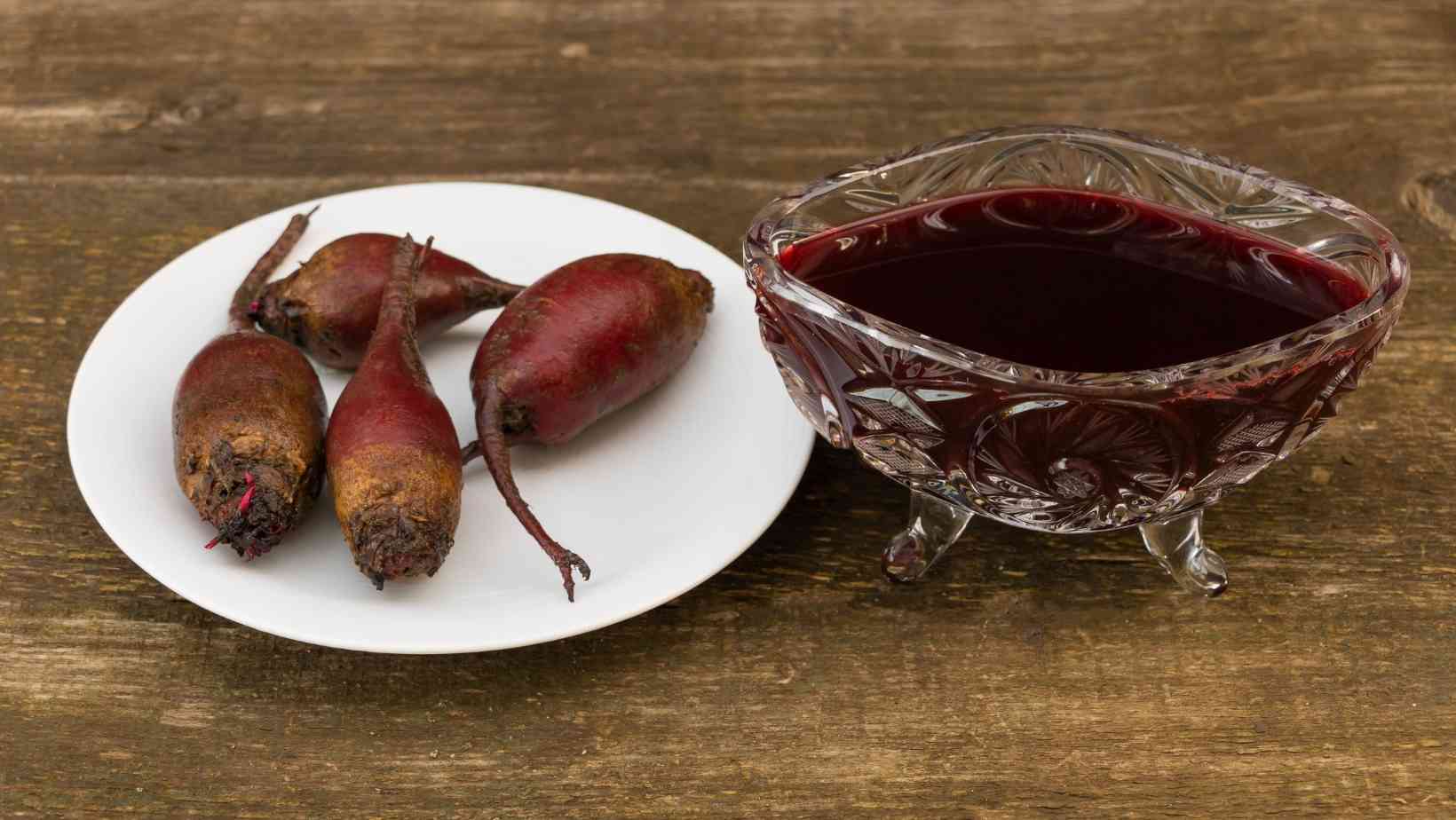From the ancient Mediterranean to George Washington's Mount Vernon, vibrant red or gold beetroot has been cultivated in a variety of environments. In recent times, hybrid species of beets may even be distinguished by candy-cane stripes of red and white on their leaves. Beetroot comes in a variety of colors, all of which have the same deep, earthy flavor and brighten the dish with their vibrant colors.
In addition to providing nutrients, beets' leaves and roots also contain antioxidants, which help to prevent cell damage and lower the risk of heart disease. Because beets contain betalains, a potent antioxidant that contributes to their vivid color, they are one of the most nutritious vegetables. Betalains have anti-inflammatory properties and may be useful in the prevention of cancer and other disorders.

Health Benefits of Beets
Beets include a variety of beneficial plant components that assist to decrease inflammation and protect cells from harm. The following are some of the additional health benefits of beetroot:
Increase your endurance
During exercise, beetroot and its juice may help your heart and lungs perform more efficiently. Beets contain nitric oxide, which helps to enhance blood flow to your muscles. When exercising, some athletes consume beets or drink beet juice in order to increase their performance.
Heart disease and stroke may be prevented
Beets are high in folate (vitamin B9), which aids in the growth and function of the cells. Folate is essential in the prevention and management of blood vessel damage, which may help to minimize the risk of heart disease and stroke.
Blood Pressure should be reduced
Beets have a high concentration of nitrates, which are converted by the body into nitric oxide. Using this substance, you can reduce your blood pressure since it causes the blood vessels to relax and expand.
Boost the Function of Your Immune System
Beets are rich in fiber and help to support the development of beneficial bacteria in the digestive tract. Having a healthy balance of bacteria in your digestive tract may aid in the prevention of illness and the stimulation of your immune system. Fiber also aids in digestion and helps to lessen the likelihood of constipation.
Nutrition
Folate (a vitamin that helps to keep your blood vessels healthy) and potassium (which helps to protect your heart) are two of the minerals found in beetroot.
Nutrients
A half-cup of beetroot provides the following nutrients:
- Calories in one serving: 37
- Protein: 1 gram
- Fat content is less than 1 gram.
- There are 8 grams of carbohydrates in this recipe.
- 2 grams of dietary fiber
- Sugar content: 7 g
Beets are also a good source of the following nutrients:
- Manganese foliate
- Vitamin C
- Potassium
- Vitamin A
Things to Keep an Eye Out For
Beets have a high concentration of oxalates, which may result in kidney stones. If you've experienced kidney stones in the past, avoid beets or limit your intake to a few servings per week as a special treat. If you have gout, which is a kind of arthritis, limit your intake of beets to a few servings per week if you are at risk. The consumption of beets may cause your feces to become red, which is completely safe. You could be alarmed since it seems to be blood, but what you're really seeing is the beneficial red beet pigment.
How to Cook Beets
It is better to plant beets during the spring or autumn growing season since they like chilly temperatures. The roots are collected when the leaves are still fresh and sensitive, allowing for the best flavor. When it comes to beets, young beets are the tastiest and most sensitive. Look for them in the winter.
If you can't get your hands on fresh beetroot during the season, tinned or frozen beets are still quite healthy. Beetroot powder is also used as a dietary supplement in several cultures.
Beets are often roasted because their natural sugars caramelize to a delicious flavor when cooked at a high temperature. They may also be eaten raw if you choose. You may use them to garnish a salad or fan the slices over a cheese platter for a burst of strong color and flavor.
Here are some more inventive ways to prepare and consume beetroot:
- Adding roasted beets to gazpacho can brighten the color and enhance the taste.
- In a salad, combine beets with creamy ricotta cheese.
- Grate raw beets and carrots and toss with a vinaigrette for a colorful salad.
- Make a visually appealing purple dip with pureed beets and ranch dressing to wow your guests.
- Make a tiny amount of beet juice and mix it with fresh apple or orange juice.
- Toss roasted beets with a mint yogurt sauce before serving.
- Cook beets in a microwave-safe bowl with a little water on high for 10 minutes.
- Serve classic Russian borscht prepared with beets, which is a winter warmer.
- Add them to couscous after roasting them with sweet potatoes.
- Diced beets add color and flavor to minestrone soup.




